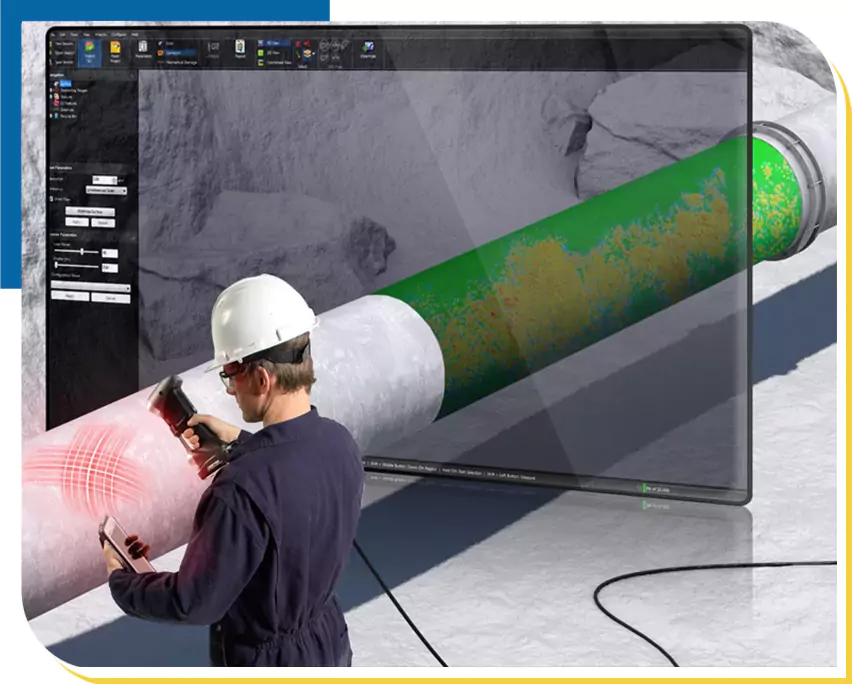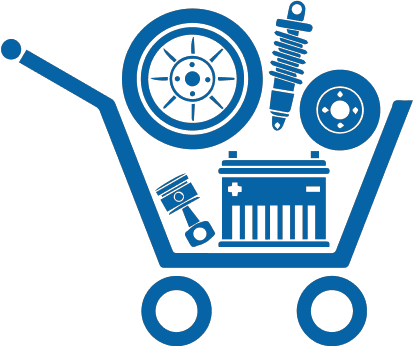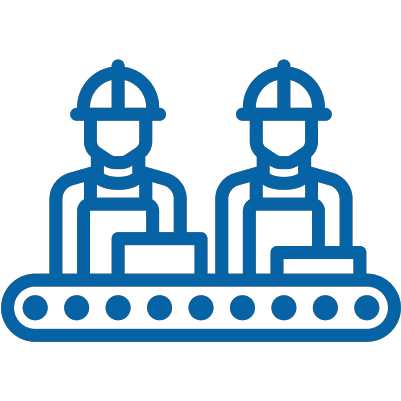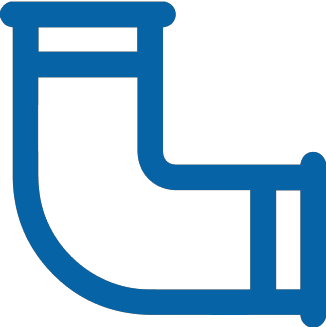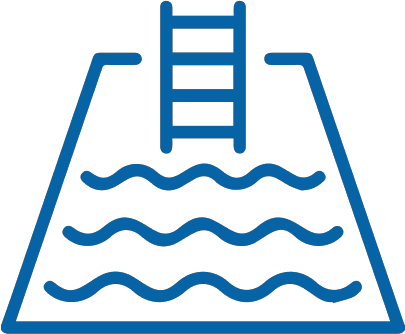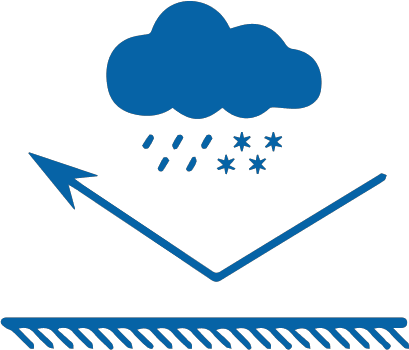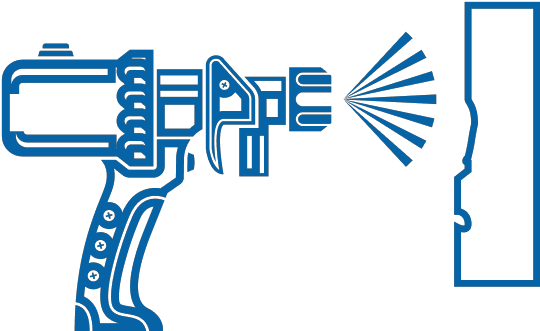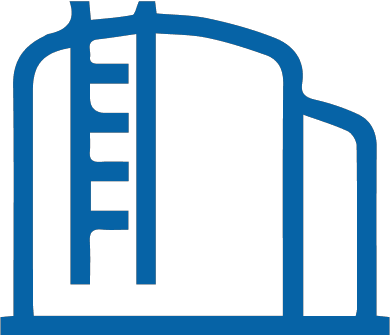Thanks to intelligence (AI), the industry focused on preventing corrosion has seen progress. AI brings advantages like modeling, real-time monitoring, decision-making support, safety improvements, environmental safeguards, cost-effectiveness, and prolonged asset durability.
Predictive modeling uses data to forecast corrosion trends and pinpoint problem areas before any damage occurs. This proactive strategy helps avoid leaks, ruptures, and breakdowns by enabling operators to take measures. Additionally, it assists in optimizing maintenance schedules by prioritizing areas that require attention.
Real-time monitoring is another aspect of AI in corrosion prevention. By integrating AI with sensor technologies, precise and continuous data on pipeline conditions such as corrosion rates, temperature variations, pressure levels,, and other factors can be gathered. AI algorithms analyze this information promptly to identify irregularities or deviations from operations. This early detection facilitates maintenance activities that mitigate the risk of damage or failure caused by corrosion.
Moreover, AI-powered decision support systems are transforming how operators decide on maintenance and repair timetables. Using historical data and, AI algorithms, evaluate pipeline conditions and provide recommendations on when inspections should be conducted or corroded segments repaired or replaced. This approach aims to extend the lifespan of pipelines while minimizing downtime and maintenance costs.
Corrosion, in pipelines is a concern as it can endanger safety and the environment. Leaks and ruptures caused by corrosion can result in pollution and pose risks for communities. AI technology is utilized to predict and prevent corrosion-related incidents, safeguarding the environment and residents in impacted areas. By reducing the occurrence of leaks, AI helps protect ecosystems, water sources, and local wildlife from the impacts of oil spills.
Effective strategies for managing corrosion are crucial to ensuring safety and optimizing costs. The predictive abilities of AI in recognizing corrosion patterns and optimizing maintenance schedules bring cost-saving advantages. Proactively addressing corrosion problems enables operators to reduce the need for repairs, minimize downtime, and extend the lifespan of assets. Additionally, by utilizing data-driven insights to allocate maintenance resources, operators can make decisions on where resources should be focused for immediate attention.
